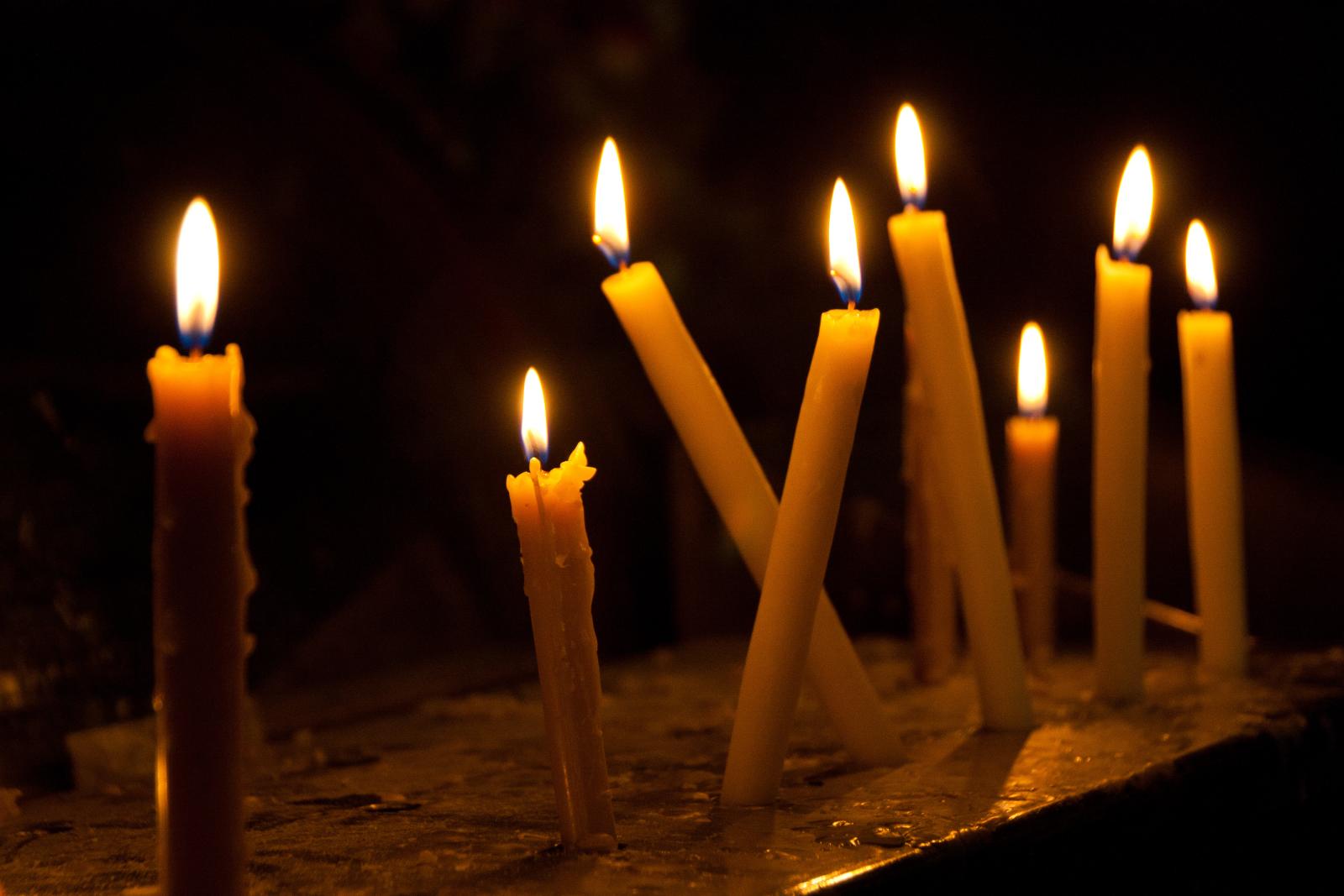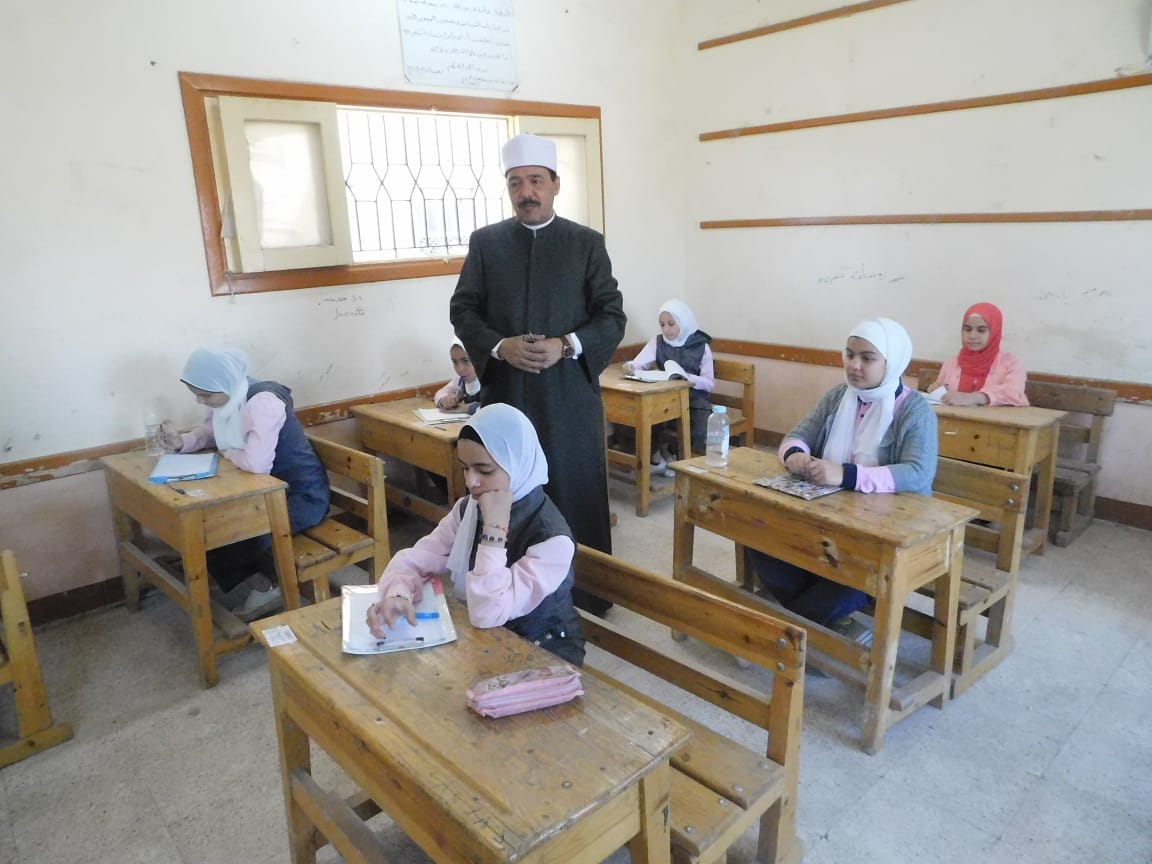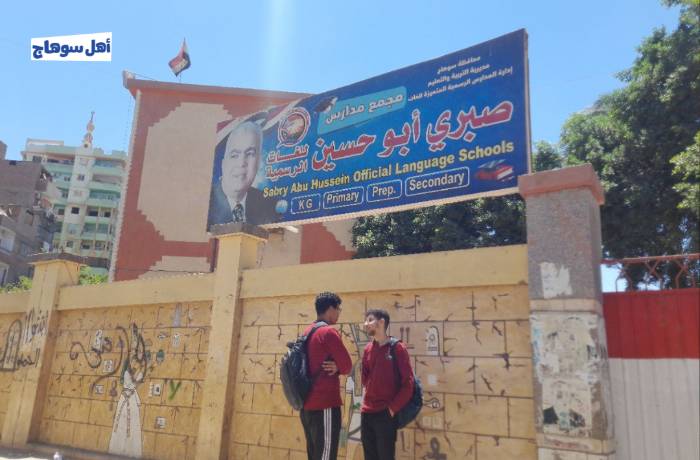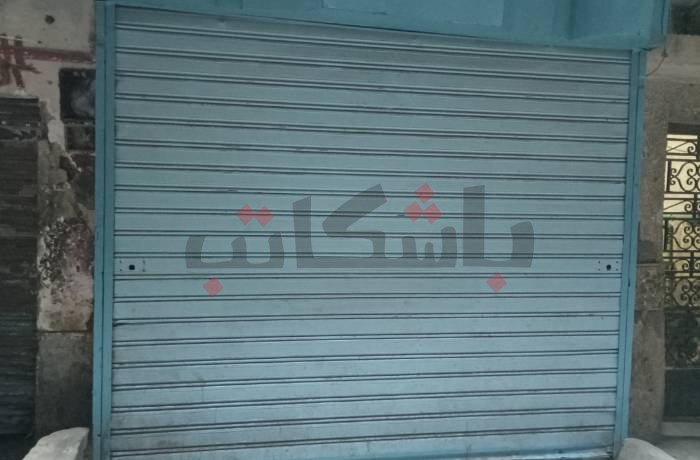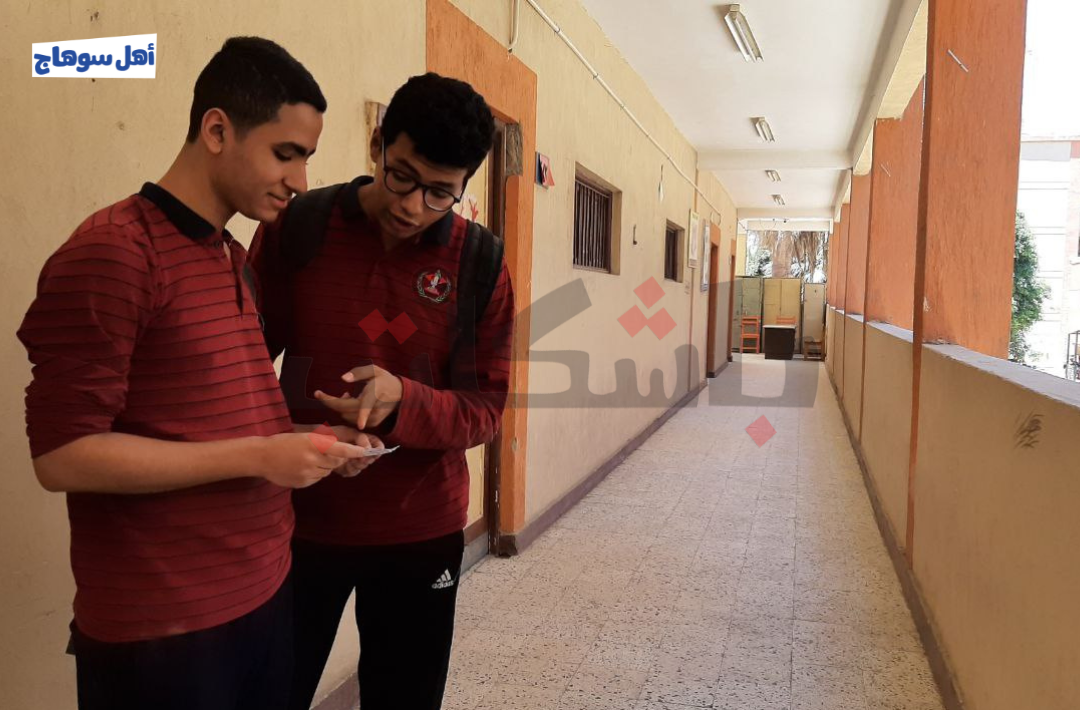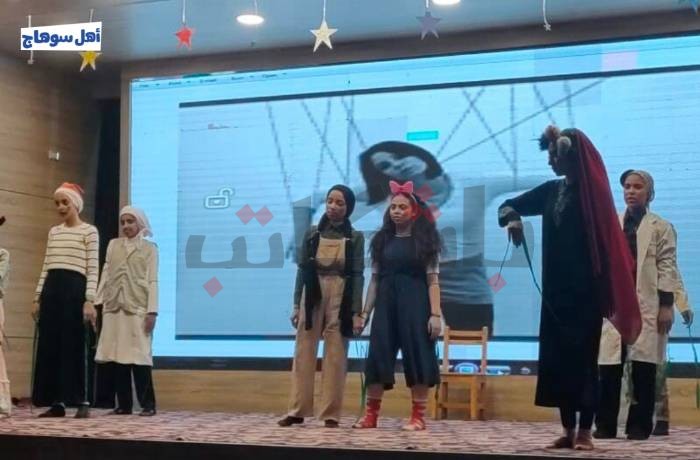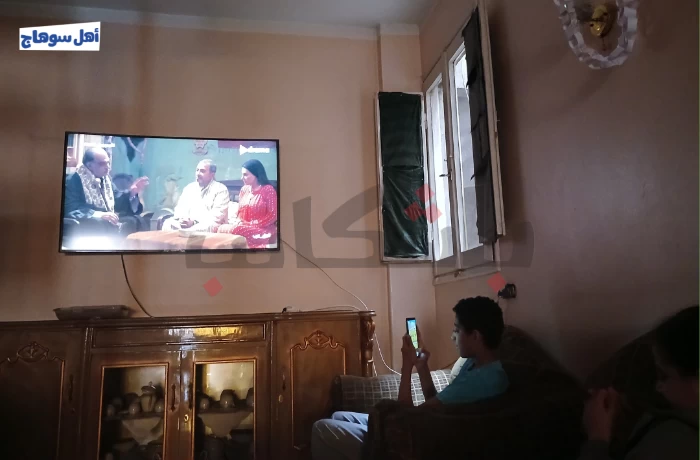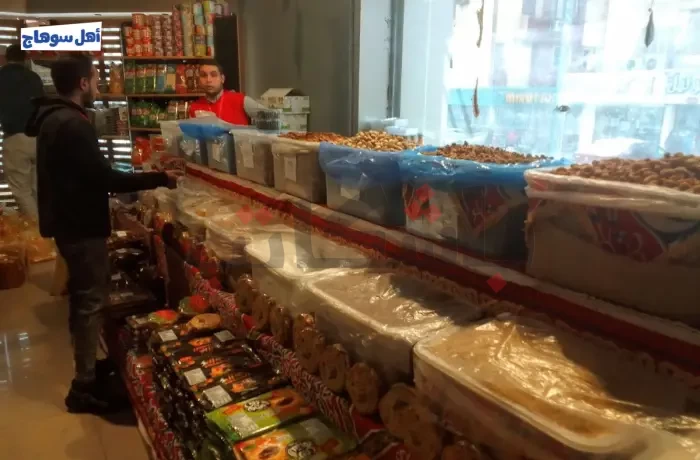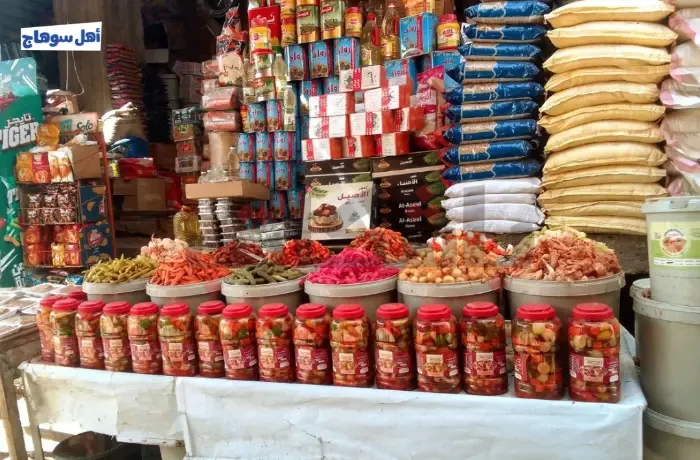Last Monday, the Ministries of Electricity and Petroleum issued a statement about increasing the period power cutbacks, continuing the power outage for an additional hour throughout this week, clarifying that “this comes as a way to maintain the operational efficiency of power plants and natural gas holding companies” due to the increase in local electricity consumption rates, as a result of the extremely high heat wave, and thus increasing the consumption of energy-generating gas.
Power outage crisis has headed the social media trends since last Sunday, amidst the citizens’ complaints of increasing the outage periods more than usual. Fathiya Mohamed, a 65-years-old housewife living in east Sohag, believes that the power cutback decision is unfair, telling “Ahl Sohag”, “I am diabetic and cannot bear a three-hours power outage, let alone the water gets cut off as I live in an upper floor, so I have to live for three hours without electricity and water”.
Fathiya has to go to one of her children’s houses during the outage, and in the woman’s opinion, there is no equality in distributing the power outages over the neighbourhoods.
Children suffering and appliances breaking
Asmaa Abdulaal, 39-years-old housewife living in Tama town in Sohag, expresses her suffering from long power outages; she has three children, the eldest is a first-grade primary school student, and the other two are one-month-old twins who scream continuously once the power cutoff inside the house until its return, not to mention the eldest child complaints of heat and his inability to bear it, for temperatures in Sohag sometimes reach 44 degrees Celsius.
Asmaa continues saying that power outage has turned into a very upsetting crisis, as in the eve of the feast she was dead worried that that the outage would damage the house appliances as the electric current wasn’t stable; the power was cut from 03:00 pm to 04:00 pm, and then from 08:00 pm to 10:00 pm, and then from 12:00 am to 01:00 am, added to this the fact that electricity comes back in weak currents then it becomes suddenly stronger which harmed the electric appliances.
Learning the decision of increasing power cutbacks to three hours, many questions popped up in Asmaa’s mind, “how will the children bear this? What do I do if the food goes bad? How will I even cook?”, and other questions like, who is responsible for this “futile” crisis? as she described it, and how long will this continue? and why is there no definitive solution?
Yesterday afternoon, Tuesday, Prime Minister Mostafa Madbouly announced, in a press conference, the decision to close commercial shops at 10:00 pm, starting next week, to rationalise electricity consumption. However, he did not definitively indicate that electricity would be cut off more than once in some areas in Egypt, indicating that power cutbacks will stop starting the third week of July until the end of the summer, then will resume again until the end of the current year.
On the other hand, Salma Hamada, a 43-years-old housewife living in Akhmim town, agreed with the government data which draws the attention to the fact that the cause of power outage is global warming and high temperatures, “indeed we are suffering, but this is better than fires occurring due to climate changes”.
Salma has been suffering from more than power outages, affected by electricity fluctuations during the feast days, and without any official governmental decision, the power was cut along the day, “the recurrent outages damage the fridge’s motor”, and Salma spent a not-so-happy feast, “I was so worried about the electric appliances”.
When she heard about increasing power cutbacks to three hours, she was so upset, assuring that, “any normal human being would never bear to spend three hours without electricity in such scorching heat”, and this caused Salma to cook her meals for the day in the early morning to avoid the power outage.
Iman Mohamed Ahmed, 45 years old, who lives in the same town as Salma, described the power cutback decision as a “total failure”, indicating that the citizens pay to receive electricity, wondering, “why do they cut electricity? This decision damaged some electric appliances and made us suffer physically”.
Iman’s deep freezer and computer screen were broken because of the recurrent power outages during the feast.
She believes that there are many solutions to solve this crisis, instead of increasing the power cutback period; such as rationalising electricity in shops and streets that consume electricity more than necessary, added to this distributing power outages fairly all over the neighbourhoods, indicating that some areas in Akhmim town do not have power outages.
Overwhelming anxiety among high school students
Hana Ahmed, a third-year high school student, living in Al-Zahraa area in Sohag, suffers since the issuance of the decision of increasing power outage to three hours, living in extreme anxiety, as she cannot afford to lose a single minute without studying for exams.
She depends on the internet to study, and with the power being out for three hours, she’ll have to stop completely as she uses revision videos on the internet as studying aids, describing the decision as “a disaster that hit us”. Hana cannot find any alternative but to adapt to the situation, “I downloaded all the videos I need on the computer, and currently I’m studying using the mobile’s flashlight”.
Hana’s eyes started hurting her for spending too much time studying using the mobile’s flashlight, in addition to her lack of focusing on her studies due to high temperature, as temperatures in Sohag reach 44 degrees Celsius, so she decided to move to her aunt’s house, which she has to take two means of transportation in order to reach, so she can study there during the power outage.
Hana’s utmost wish is for the power outage to stop during the exams period, for she and her colleagues suffer extremely and lose focus due to power cuts and high temperatures.
Commercial shops, a different type of suffering
Since the beginning of the crisis last year, Mohamed Ahmed, juice shop owner, decided to adapt to this situation, yet as it continues without any definitive solutions, his sales have been affected, and with a three-hours-outage, the situation has become unbearable, “I don’t know what to do, especially as sugarcane juice is the only juice that cannot be stored for it goes bad after fifteen minutes from being prepared”, explaining that the highest demand is on the sugarcane juice, especially during summer.
Hamada is worried that theft would spread, especially during power outages at night, and thinks that as long as people do not speak up this crisis will last longer, threatening his source of income.
Ali Hassan, supermarket owner, experiences the same suffering, “during summer, people tend to eat ice cream, which of course goes bad due to power outages”, imploring the authorities to not cut electricity more than two hours a day.
